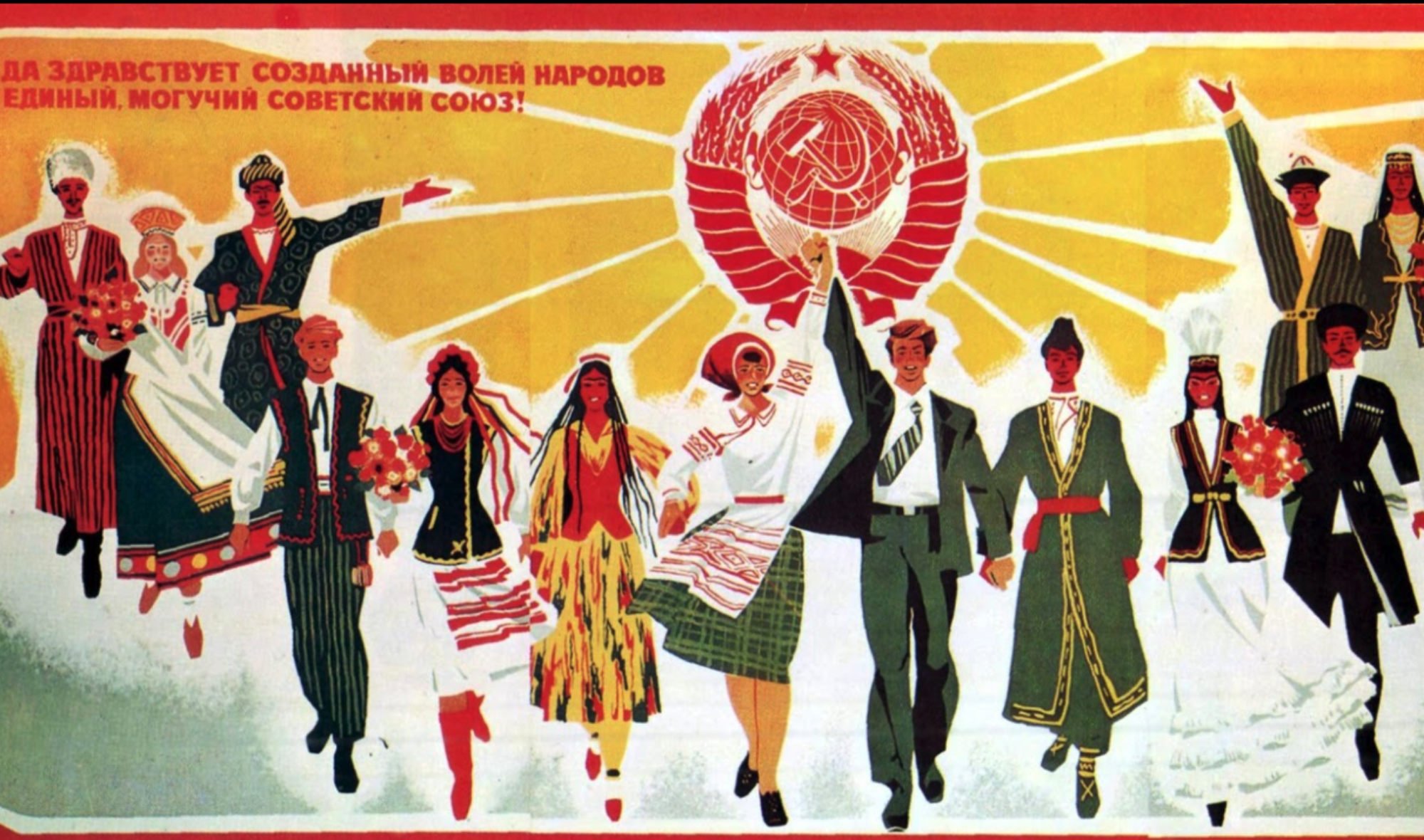At the beginning of chapter eight Paul Stronski discusses Stalin’s death and more specifically the aftermath of his death. Citizens of Moscow were literally killing each other in order to pay their respects to their former leader. A man who is responsible for incredibly horrible acts, yet was the leader of the Soviet Union for so many years and spearheaded growth in the “nation”. He was the leader and with his death worry among the citizens of Moscow seemed to be very prevalent. However, in areas were Stalin’s body was not kept mourning seemed to be great but less dramatic than Moscow. But, mourning still seemed great and important. Thus it seems as if the mourning of Stalin was important in order for the Soviet Union to continue. So much so that it almost seems suspicious in areas where people are not “Russian”. But, many letters were written about the death of Stalin and mourning was happening. Stronski states, “Individual or institutional letters from the Uzbeck capital [in regards to Stalin’s death] most frequently were signed by people with Slavic last names or by Uzbeks who chose to write in Russian […]” (Stronski, 206). Moreover, the author makes a strong case that mourning from Uzbek citizens is real and honest. In an area that is decidedly “‘Sovietized'” do they act as a role model for how non-Russian Soviet areas should be reacting to Stalin’s death? Is it truly important for a strategic and grand mourning period of Stalin’s death to move the Soviet Union into the future? Why is it important?


Cultural Construction in the Soviet Empire (HIS315 F20)
National in Form, Socialist in Content!